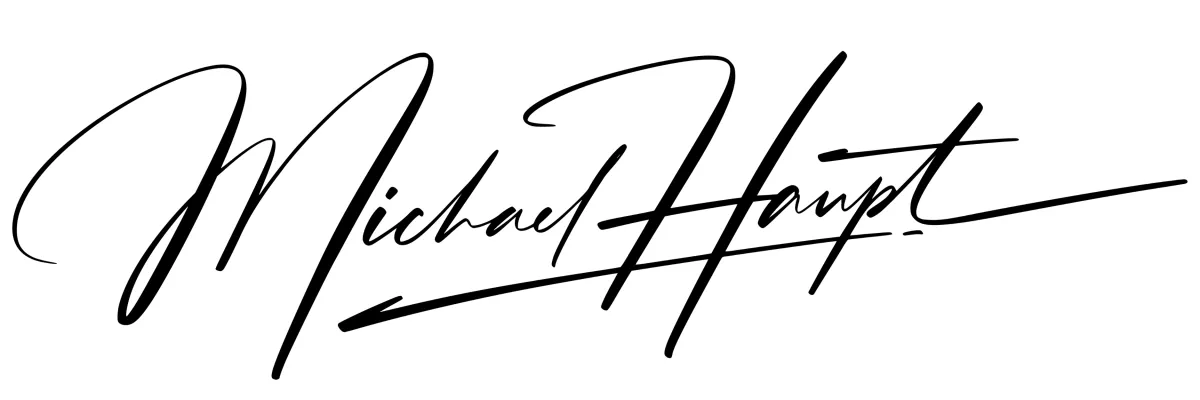Questions? Tap to WhatsApp Michael: +27 61 097 2345
Here's how you can support:
The Science of Becoming
An Evidence-Based Framework
for Combining Cliodynamics and Futures Studies
as a Response to the Metacrisis
The Thesis Project
What if our current "metacrisis" follows quantifiable patterns observed across human history? Cliodynamics—the mathematical modeling of historical processes—reveals that for 8,000 years, 26 civilizations have risen and fallen in predictable cycles that can be scientifically analyzed and understood.
This thesis integrates Cliodynamics with Futures Studies to develop a methodological framework for navigating the dialectical tension between Technofeudalism (thesis) and Bioregionalism (antithesis), as humanity transitions from Material Consciousness (separation, extraction, competition) to Mycelial Consciousness (connection, regeneration, interdependence).
This work synthesizes:
Quantitative analysis of historical patterns across 26 civilizations using Cliodynamic modeling
Systematic application of Futures Studies methodologies to identify emergent coordination systems
Integration of Hegelian dialectics with contemporary systems theory and complexity science
Empirical evidence from bioregional governance models and regenerative communities
A comprehensive database of over 3,000 academic papers collected across 20 years of research
This research integrates two complementary approaches to understanding complex societal transitions:
Cliodynamics: The mathematical modeling of historical processes developed by Peter Turchin and colleagues, applying quantitative methods to identify recurring patterns in civilizational rise and fall. By analyzing data across 26 collapsed civilizations, we can identify key variables in social complexity, elite overproduction, and institutional adaptation.
Futures Studies: The systematic exploration of possible futures through methodologies developed by UNESCO's Futures Literacy framework. This approach distinguishes between anticipation-for-the-future (planning and control) and anticipation-for-emergence (broadening perception of present possibilities).
The integration of these approaches creates a powerful framework for both understanding historical patterns and imagining alternative futures. This "Science of Becoming" offers methodological rigor for navigating what appears to be the latest—and potentially final—cycle of the class-based experiment, as humanity transitions toward more distributed and regenerative forms of social organization.
Join the Research Community
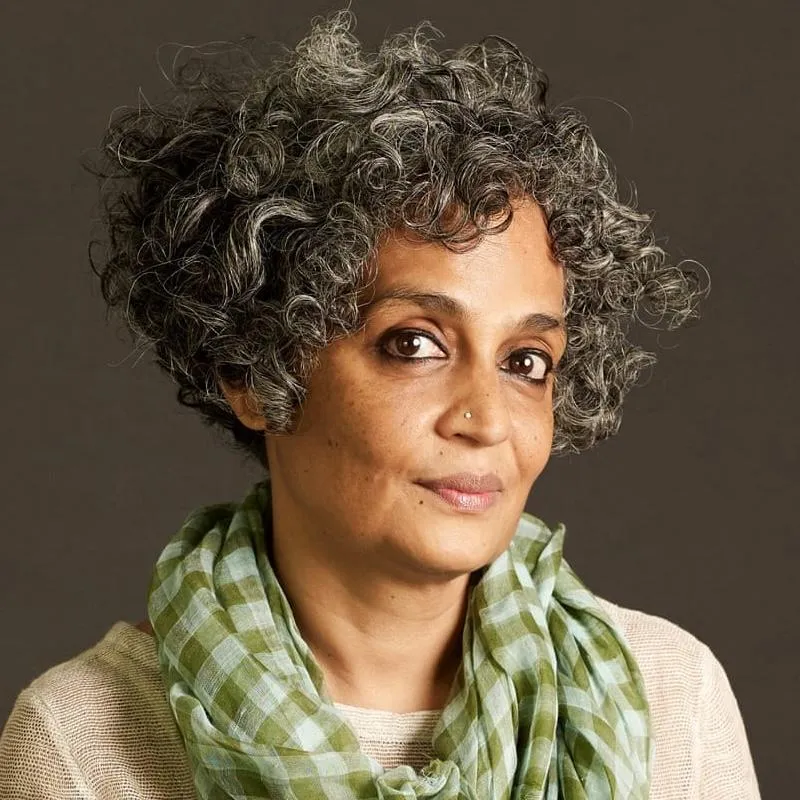
"Another world is not only possible, she is on her way. On a quiet day, I can hear her breathing."
- Arundhati Roy
By supporting this research, you're joining a community of sense-makers applying rigorous methodologies to understand civilizational patterns. Together, we'll examine empirical evidence from communities like Damanhur, Sekem, Sarvodaya Shramadana, and the bioregional regeneration movement, analyzing how new governance models based on mutual recognition are already demonstrating scientifically verifiable alternatives to both state and market systems.
Your contribution supports the completion of this evidence-based framework by 31 October 2025.
What Contributors Receive
Four Live Collaborative Webinars
May 12, 2025 (Full Moon): Cliodynamics and Hegelian Dialectics: Quantifying the Evolutionary Impulse
May 19, 2025: Material vs. Mycelial Consciousness: Empirical Evidence of the Paradigm Shift
May 26, 2025: Bioregional Regeneration as Emerging Sittlichkeit: Case Studies and System Models
June 2, 2025: Municipal Transformation: Practical Applications of Integrated Consciousness Development
All webinars take place at 09:00PDT, 12:00EDT, 16:00UTC, 18:00CEST, and include collaborative breakout sessions and will be recorded for those who cannot attend live.
Research Tools and Methodological Frameworks
Access to Cliodynamic models for distinguishing between collapse patterns and transformation signals
Empirical methods for identifying "weak signals" of emergence in municipal systems and bioregions
Evidence-based decision frameworks for navigating complex transitions during periods of rapid change
Research-backed approaches for moving from reactive responses to anticipatory governance
Integration of retrospective historical analysis with prospective futures methodology
Recognition in Published Thesis
All contributors will be acknowledged in the published thesis (optional, you may remain anonymous).
About the Researcher
Michael Haupt is a systems researcher specializing in the integration of historical pattern analysis with futures methodologies. His interdisciplinary approach combines Cliodynamics, Futures Studies, and complex systems theory to develop frameworks for navigating societal transitions.
His research began with an integrative experience in 2004, which inspired two decades of systematic investigation into historical patterns and emergent alternatives. This initial insight has evolved into a comprehensive theoretical framework supported by thousands of academic references across multiple disciplines including evolutionary biology, governance studies, and consciousness research.
With over two decades of experience guiding transitions for organizations and communities, Michael has worked with more than 400 clients to implement evidence-based approaches to system resilience. Currently, he's co-leading a practice for 25,000 people in a remote valley between two mountain ranges, applying his theoretical frameworks in a real-world context.
Prior to his current research, Michael spent a decade helping global organizations like Bank of America, Barclays, HSBC, Vodafone, and BT navigate complex technological transitions. As a former Managing Director at Striata Europe and founder of Michael Haupt & Associates, he brings practical experience in guiding systems through periods of fundamental change.
Michael's research uniquely synthesizes quantitative historical analysis with qualitative futures methodologies to develop practical frameworks for municipal and bioregional transformation.
You can read more about Michael at his website and on LinkedIn. The thesis outline can be accessed here (comments welcome). He also writes at Substack. His extensive early writing, which was more a process of synthesizing his profound out-of-body experience in 2004, can be found on Medium. His extensive, open source Roam Research database can be found here (be patient, because of the size it can take a while to load).
CONTRIBUTION OPTIONS
If the suggested amounts below don't work for you, any contribution is welcome. This work is meant to be accessible to all who feel called to engage with it.
$25 - Digital copy of completed thesis + webinar access: Use coupon code DIGITAL
$75 - Above + recognition in acknowledgments: Use coupon code RECOG
$150 - Above + early access to chapters as they're completed: Use coupon code EARLY
$250 - Above + 30min consultation on applying the framework to your context (private advisory usually starts at $25k per year)
$1000+ - Above + recognition in acknowledgments as a Gold Supporter: Use link below
$2500+ - Above + recognition in acknowledgments as a Platinum Supporter: Use link below
To contribute a different amount or to join as a Gold or Platinum Supporter, please visit this link. A new window will open and you'll be taken directly to our payment processor, Stripe.com. Your contribution will be individually acknowledged — please expect a 24 hour delay.
KIND WORDS FROM EARLIER CLIENTS
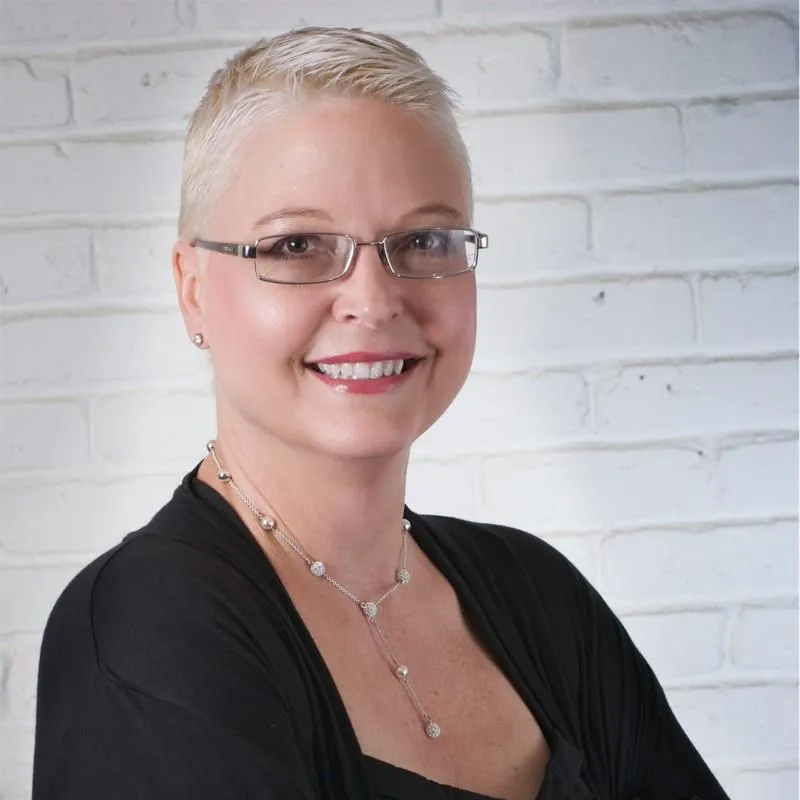
"Michael is an exceptionally rare person and professional who brings an almost uncanny level of human insight that is very difficult to find. He has made an indelibly powerful and positive mark on me and our efforts."
-- Tracy Saville, Systemic Leader, Innovator, Comstock Inc.
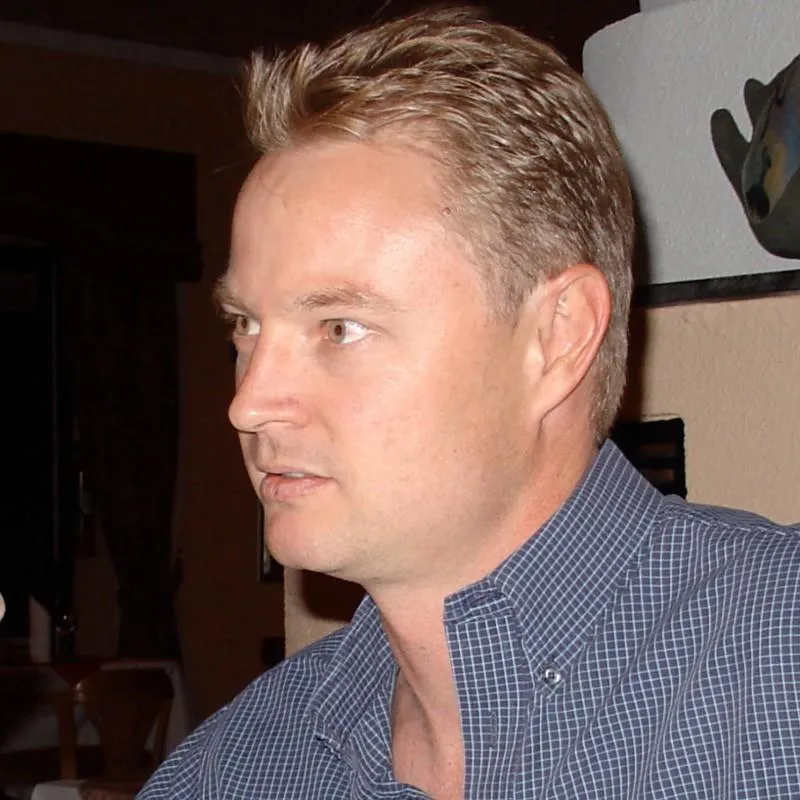
"Michael's framework transformed how I recognize patterns in complex systems. What was once overwhelming complexity has become a source of strategic clarity. His mental models have become essential tools in my leadership approach."
-- Immo Böhm, CEO of Olusheno Sales & Distribution
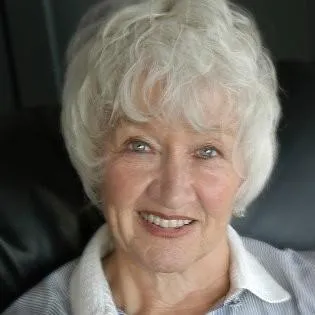
"I gained tremendous respect for Michael's knowledge and abilities in systems design and emerging technologies—exactly the tools we need for navigating this transitional time for human civilization."
-- Dr. Elisabet Sahtouris (1936-2024), Chair in Living Economies at World Business Academy

YOUR ASSURANCE
If after the first two research webinars you find the methodological approach doesn't align with your interests, we'll refund your contribution in full. No questions asked. Our commitment is to maintaining rigorous standards while making this research accessible to all who wish to engage with it.
KEY RESEARCH FINDINGS TO DATE
Mathematical modeling of historical data reveals consistent patterns across 26 collapsed civilizations, with predictable cycles of resource concentration, elite overproduction, social stratification, and eventual reorganization.
Contemporary systems analysis indicates we are in the late stages of such a cycle, with quantifiable metrics of inequality, institutional trust, and elite competition approaching historical thresholds associated with major transitions.
Empirical evidence from bioregional governance experiments demonstrates viable alternatives to both state control and market mechanisms, with measurable improvements in resilience, equity, and ecological sustainability.
The dialectical tension between Technofeudalism (digital reconfiguration of historical power structures) and Bioregionalism (emergence of place-based regenerative systems) can be navigated through the development of integrated consciousness.
Municipalities represent ideal vehicles for practical transformation, with documented case studies showing successful implementation of hybrid governance models that transcend traditional political categories.
The transition from Material to Mycelial Consciousness can be understood as a predictable evolutionary process rather than a crisis, allowing for more adaptive and purposeful navigation of current challenges.
FAQs
When will the thesis be completed?
The current plan is to complete the thesis by 31 October 2025 (my birthday). Unexpected delays may cause this date to slip slightly, but we believe this is unlikely.
How can I participate beyond financial contribution?
Thank you for asking! There are several valuable ways to participate in this research journey beyond financial support:
- Share your insights and feedback on the thesis outline.
- Participate actively in our collaborative webinars and breakout sessions to contribute your perspectives.
- Help spread the word about this work to like-minded individuals and communities interested in consciousness evolution and systems change.
- Engage with our open-source research database and contribute relevant materials or connections you've discovered.
- Join our community of sense-makers by sharing examples of emerging coordination systems or "weak signals" you observe in your own community.
- If you have expertise in any of the related fields (evolutionary biology, indigenous knowledge systems, consciousness research, etc.), we welcome your specialized input.
Your intellectual and community contributions are just as valuable as financial support in bringing this work to fruition. Feel free to contact me directly to discuss how your specific skills and interests might best align with this project.
What time zone are the live webinars scheduled in and are they recorded?
All webinars take place at 09:00PDT, 12:00EDT, 16:00UTC, 18:00CEST, unless otherwise agreed by the cohort. While you might not be able to make 100% of the sessions, we record every session with detailed time stamping of content so you can watch in your own time.
What makes this thesis different from other works on civilization collapse?
Unlike many works that focus primarily on the mechanisms of decline, this research applies rigorous Cliodynamic modeling to identify patterns across 26 civilizations over 8,000 years. What distinguishes our approach is the integration of quantitative historical analysis with qualitative futures methodologies, creating a framework that helps us recognize both historical continuities and emergent possibilities. This is fundamentally a study of transformation rather than collapse, offering evidence-based methods for understanding where humanity is heading next and how we might consciously participate in this evolution from Material to Mycelial Consciousness.
Is this an academic or practical research project?
Both. This thesis bridges rigorous academic analysis with practical applications for municipal transformation. It challenges the false dichotomy between theory and practice, recognizing that the most effective approaches to complex challenges require both methodological rigor and practical implementation. The research provides both quantitative models for understanding historical patterns and qualitative frameworks for developing future literacy.
How will funds be used?
Your contribution will primarily support the dedicated time and resources needed to complete this comprehensive research project by October 2025. Funds will cover basic living expenses that allow me to focus fully on synthesizing over 20 years of research, integrating insights from 3,000+ academic papers, and developing practical frameworks that make this work accessible to our community. This includes time for writing, organizing and conducting the collaborative webinars, individual consultations with contributors, and finalizing the thesis for publication. Your support directly enables the deep focus required to bring this transformative work to completion while ensuring it remains accessible to all who seek to engage with it.
What background or knowledge do I need to participate in this project?
No specific academic background is required. This work is designed to be accessible to anyone with curiosity about humanity's evolutionary journey. While the thesis draws on diverse fields including systems thinking, evolutionary biology, and philosophy, all concepts are explained in accessible language. Your lived experience and unique perspective are valuable contributions to our collective exploration. The webinars are structured to welcome participants from all backgrounds.
Will there be opportunities to connect with other contributors beyond the webinars?
Absolutely! Following each webinar, we'll create optional breakout groups for continued discussion. We also maintain a community platform where contributors can connect, share insights, and collaborate on related initiatives. Many past participants have formed lasting connections and collaborations. We'll facilitate introductions between contributors with complementary interests or geographic proximity when appropriate.
How can I apply these insights in my own community or organization?
The thesis will provide practical frameworks specifically designed for real-world application. During our webinars, we'll explore concrete examples of communities implementing these principles, from bioregional governance models to new economic structures. You'll receive decision-making tools to help identify "weak signals" of emergence in your own context and strategies for nurturing them. Many contributors find that even small shifts in perspective can catalyze significant changes in their organizations and communities.
Is this thesis part of a formal academic program or an independent research project?
This is an independent research project drawing on my 20+ years of investigation across multiple disciplines. While not affiliated with a specific academic institution, the work maintains rigorous standards of scholarship with over 3,000 academic references. This independence allows for integration of knowledge across traditional academic boundaries and incorporation of both intellectual analysis and experiential insights.
Are there plans to publish this work beyond the digital thesis?
Yes. Following completion of the digital thesis, we plan to publish a book version for wider distribution. We're also developing modular content for educational settings and practical toolkits for community implementation. Contributors will have early access to these additional resources and input opportunities on their development.
Can I share the thesis and webinar recordings with others once I receive them?
The thesis itself will be published under a Creative Commons license (CC BY 4.0), allowing you to share it widely with attribution. For webinar recordings, we ask that you respect the confidentiality of participant discussions by not sharing the full recordings. However, you're welcome to share key insights and frameworks with proper attribution. A public summary of each webinar will be available for sharing.
What kind of support will be available after the thesis is completed?
Following thesis completion, we'll offer implementation workshops, community practice groups, and ongoing learning opportunities. A resource library will be maintained for contributors, and I will continue to guide interested individuals and groups in applying these frameworks. Many contributors naturally form support networks that continue long after the formal project concludes.
How does the concept of 'Mycelial Consciousness' relate to empirical evidence?
Mycelial Consciousness is a theoretical framework supported by evidence from multiple disciplines including network theory, complexity science, and studies of successful bioregional governance systems. The research examines empirical cases of communities that have shifted from extractive to regenerative relationships, analyzing measurable outcomes in terms of resource distribution, social cohesion, and adaptive capacity. This concept provides a useful metaphor that is grounded in observable patterns of successful social organization beyond hierarchical control systems.
Will the thesis be accessible to people without academic backgrounds?
Absolutely. While the research is rigorous, the thesis is written to be accessible to anyone interested in these ideas. We use plain language, relevant examples, and visual models to communicate complex concepts clearly. The collaborative webinars will further help translate theoretical frameworks into practical understanding. Our primary goal is that these insights be useful and applicable, not just intellectually interesting.
Is there a community or ongoing work that will continue after the thesis is completed?
Yes, this thesis is part of a larger movement exploring new forms of human coordination and consciousness. Contributors often remain connected through regional practice groups, implementation projects, and ongoing learning communities. I will continue to support various initiatives applying these principles, and many contributors become active in networks implementing bioregional regeneration approaches. The completion of the thesis is really just the beginning of the more important work of bringing these insights into lived reality.
How can I bring these ideas into my workplace or professional life?
The thesis includes specific sections on organizational applications, from decision-making processes to purpose alignment. During our webinars, we'll explore how these principles translate into various professional contexts. Many contributors find that introducing even small practices—like systems mapping before problem-solving or incorporating broader stakeholder perspectives—can significantly shift their workplace culture. We'll provide adaptable frameworks rather than rigid prescriptions, allowing you to apply these concepts in ways appropriate to your specific professional context.
What inspired you to undertake this specific research project?
This research began with an unexpected out-of-body experience in 2004 that revealed patterns connecting human consciousness evolution, social structures, and natural systems. What started as a personal quest to understand that experience evolved into systematic research across multiple disciplines, seeking verification of those insights. The urgency of our current global situation—what many call the metacrisis—prompted me to synthesize these two decades of research into a coherent framework that might help others navigate this pivotal evolutionary moment with greater clarity and purpose.
What if I still have more questions? Can I talk to a human?
Of course you can talk to me! The quickest is to click to send a WhatsApp message. I generally respond (almost) immediately between 06:00 and 20:00 UCT seven days a week. Outside of those hours I might take a little longer.
If you'd like to talk, the best is to contact me.
PETOC © 2025 by Michael Haupt is licensed under CC BY 4.0
11 Midhurst Way, Constantia WC 7806
